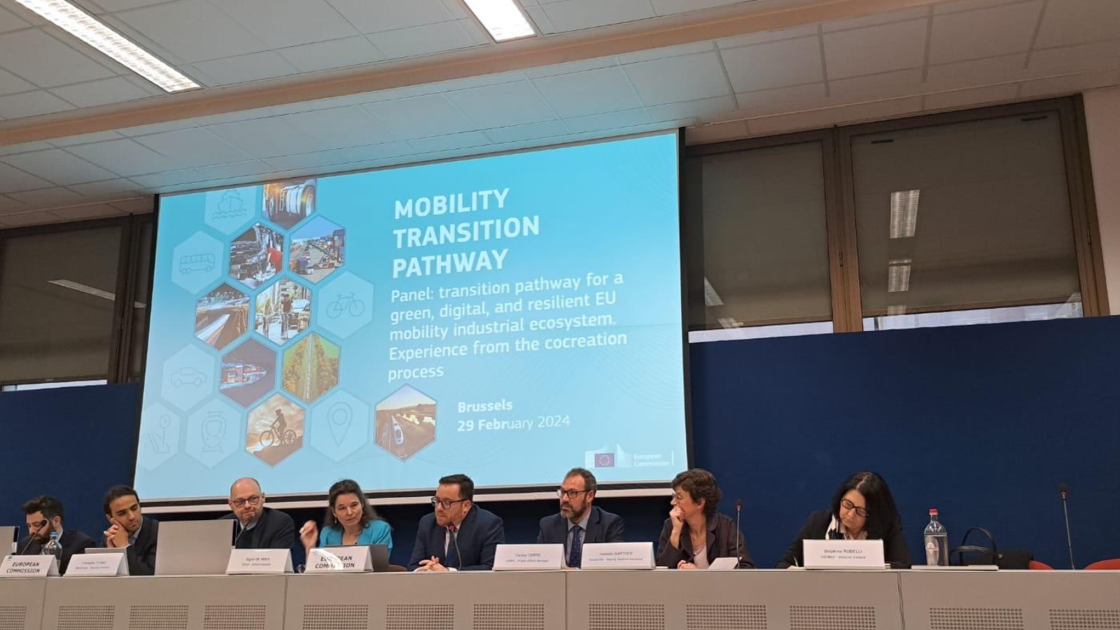On 29 February, the European Commission launched the final version of the Mobility Ecosystem Transition Pathway, a cornerstone initiative within a broader strategy to steer the EU towards a digital and climate-neutral economy.
The Mobility Ecosystem Transition Pathway stems from the EU's 2020 Industrial Strategy, which identified 14 key industrial ecosystems for targeted transition plans. These plans aim to guide these sectors towards the twin goals of decarbonisation and digitalisation, while ensuring a Just Transition for workers. They form part of the strategy’s overarching aim of fostering the EU's strategic autonomy and economic resilience.
The development of the Transition Pathway, led by DG GROW, has been inclusive and transparent, involving an extensive consultation process. Stakeholders from across the mobility ecosystem, including social partners, have been actively involved in shaping the final document. This inclusive approach has ensured that a wide range of perspectives and interests are reflected in the pathway.
IndustriAll Europe has welcomed and taken a positive view of the Mobility Ecosystem Transition Pathway, both in terms of process and content. The pathway provides a thorough assessment of the current state of the mobility ecosystem and outlines clear actions to be taken.
However, trade unions insist on the urgent need for rapid implementation. The pace at which industry and environmental challenges are evolving requires immediate action to ensure that the EU can respond effectively to these rapid changes. The recommendations in the pathway highlight the importance of committing to future action, especially as regions and workers are already experiencing the effects of structural transformation. Recent announcements of restructuring in the car industry and the challenges facing the shipbuilding sector are a stark reminder of the need for a comprehensive policy framework that can anticipate and mitigate the consequences of such transformations.
The success of this initiative will ultimately depend on its implementation and ability to adapt to the evolving needs of the mobility ecosystem. It will require EU policy action (building strategic autonomy, a global level playing field for trade, investment linked to social conditions and a legal framework for a just transition) and commitments from companies to promote European companies along their supply chains, social dialogue and anticipating change, creating quality jobs and ensuring job-to-job transition with the right to training for workers.
